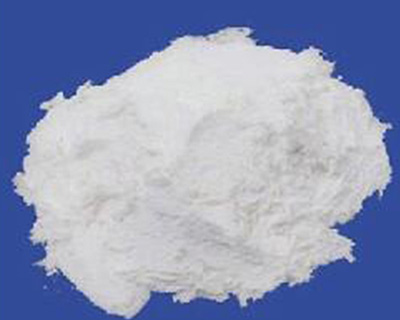
Physiological Effects Creatine monohydrate in the human body mainly increases the energy supply by enhancing the storage of phosphocreatine in muscle cells, thereby enhancing muscle strength and endurance. During high-intensity exercise, the phosphocreatine reserve in muscles is depleted within 10 seconds. Supplementing with creatine monohydrate can extend the duration of high-intensity exercise and reduce the feeling of fatigue. In addition, creatine monohydrate can also promote protein synthesis, enhance muscle elasticity, reduce cholesterol, blood lipid and blood glucose levels, improve muscle atrophy in middle-aged and elderly people, and delay the aging process. Application Fields Creatine monohydrate is widely used in the fitness and sports fields and is known as one of the most popular and effective nutritional supplements. It is widely used by bodybuilders, football players, basketball players, etc., to increase energy levels and strength. In addition, creatine monohydrate is also used in the fields of food additives, cosmetic surfactants, feed additives, beverage additives, and pharmaceutical raw materials.